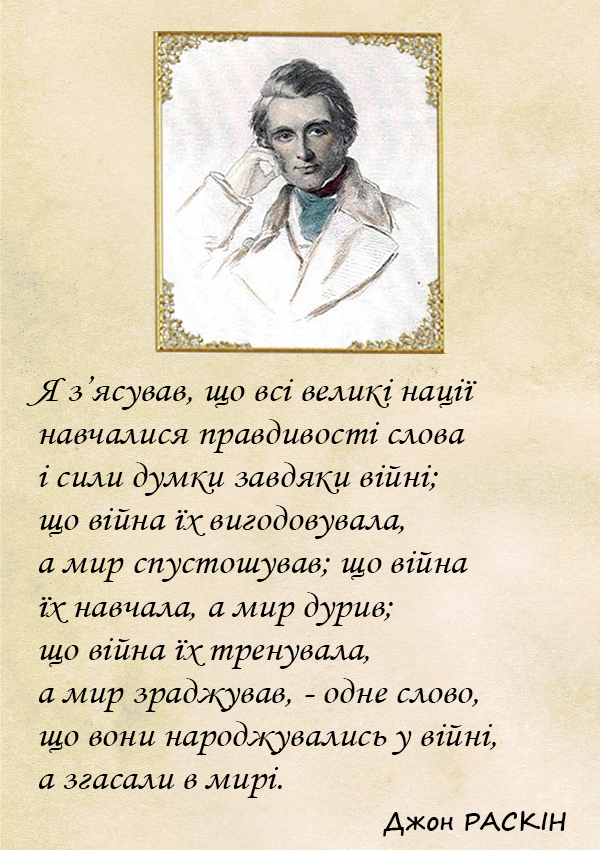
Before you write a review, you need to know what it is and what types of book reviews exist. Otherwise, you’ll write a seemingly functional review, and smart people just shake their heads: “Yes, brother, you’ve got some kind of essay, and it’s also preparatory!”
Types of Reviews
An official review is usually just a laudatory text to the glory of the author of the book. They are written by order of publishing houses, organizations, famous personalities, officials, businessmen, scammers, etc. The more magnificent the epithets in the official review, the more boring and weaker the book will be.
Functional review is required for hands-on analysis of the book. Publishers can order it to understand how much the work will reach the target audience. The reviewer in this case is more an analyst and a literary agent than a critic.
Informative reviews and essays are the most common book review formats on the Internet. All bloggers and authors of thematic sites write just such texts- ratings . Hyperbolas, metaphors, sticking out one’s opinion, referring to similar works, discussing the color of the author’s underpants – all this white noise makes up 99% of online book reviews.
A journalistic review is obtained when its author focuses on the social and social issues raised in the work. It is written brightly, harshly, bitingly, necessarily controversially – so that more copies are broken during discussion.
A critical review is when an artwork (often together with the author) is anatomized, dissected and sorted into letters: what it said, what I wanted to say, what the readers thought, which one was wrong where, and how good it was that the clever reviewer noticed all this.
Review Structure
A good review can always distinguish “head”, “neck”, “body” and “tail”. Head favors headline. “Neck” refers to the introductory paragraph (lead) of 2−3 biting informative sentences. Then the main text (body) begins, and the summary of the article or the conclusions of the critic about the book being prepared become the tail of the review.
The volume of a really good book review is 1000-6000 characters, but not more than 1000 words. A smaller volume will not make it possible to cover all the problems of the work, and more than 1000 words are difficult to put together in a solid integral construction. There is already a very smart and well-read intellectual.
What you need to evaluate:
- logical plot;
- dynamic storytelling;
- realism of characters of heroes;
- sophistication and reliability;
- feelings caused by heroes;
- author’s style and language;
- correspondence of the details of reality;
- heroes behavior;
- their reaction to events;
- the originality of the work;
- ethics and originality of the main idea;
- the presence of blunders;
- relevance of the plot and the problems raised by the author.
Where to begin
You need to start from the beginning. Title, author, genre, abstract (can be taken directly from the cover), a brief retelling of the plot. If the author or book has awards and prizes, then mention them in the text.
Next is the heroes. Share impressions about the main characters, note interesting minor characters of the book.
Tips for beginning authors:
- Do not read other book reviews!
- The more dirt you pour on a work, the more arguments you need to give in defense of your opinion.
- Keep a balance of logic and emotions in the text.
- Don’t be afraid of the author’s revenge (or review weak, unrequited writers!).
- Do not be alarmed by famous authors – many have written mediocre books.
- Do not rate books of people you know, love or hate.
A skilled reviewer reveals in the material information about the author of the book, title, topic, year of publication, key moments of the story. Form and content are oriented towards a specific target audience. The author of the review does the analysis of the book independently, without regard to existing opinions.
For the sake of putting characters into the text, individual reviewers describe the format of the book (pocketbook, paperback) and its dimensions. Allegedly, this can make the reader understand how convenient it will be to read the book. However, given the variety of book formats (paper and electronic), such inserts should be considered “water” and ignored.
Oh yes! The most important tip. Be sure to read the book itself before proceeding with the review.


























































Залишити відповідь